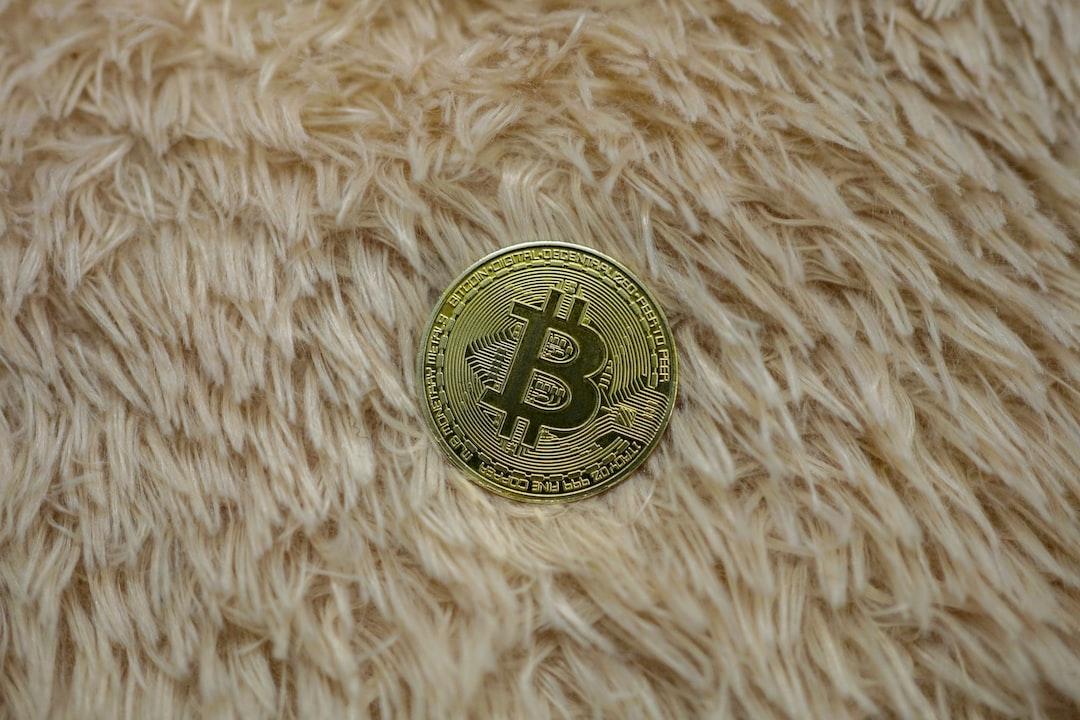A recent report from the Financial Stability Board (FSB) has highlighted the increased risks and regulatory hurdles that come with the adoption of global stablecoins (GSCs) in emerging markets and developing economies (EMDEs).
The report, released on July 23, points out the financial instability and macro-financial risks associated with the growing use of stablecoins pegged to foreign currencies in these regions.
The surge in adoption of GSCs, especially those linked to foreign currencies, in EMDEs is driven by factors like limited access to traditional banking, high remittance flows, and volatility in local currencies. However, this trend has raised concerns among financial regulators who fear that these digital assets could destabilize financial systems and strain fiscal resources.
The instability of these digital currencies poses significant risks for EMDEs, where regulatory and supervisory capabilities are often lacking. The report identifies key concerns related to the adoption of GSCs in developing nations, including threats to financial integrity, increased potential for illicit finance, data privacy issues, and cybersecurity vulnerabilities, as well as the need for improved consumer and investor protections.
Stablecoins have the potential to disrupt market integrity, fiscal stability, and overall macroeconomic stability. While these risks are global, EMDEs face unique challenges that make implementing effective regulatory measures more difficult.
Despite these challenges, the report acknowledges the strong case for stablecoins as an alternative to local fiat currencies in EMDEs, given limited banking access, the demand for efficient remittance services, and the desire to hedge against local currency volatility. To address the challenges posed by stablecoins, the report recommends that policymakers and regulators establish robust regulatory frameworks to enhance cross-border regulatory cooperation and strengthen local capacity to manage and supervise GSC activities to safeguard financial stability.
Currently, the most prominent stablecoins such as Tether (USDT), USD Coin (USDC), Dai (DAI), and TrueUSD (TUSD) are mostly pegged to the US dollar. Recently, Paxos received regulatory approval from the Monetary Authority of Singapore to issue its new gold-backed stablecoin Pax Gold (PAXG). Jingdong Coinlink Technology Hong Kong Limited, a subsidiary of JD Technology Group, also announced plans to issue a stablecoin linked to the Hong Kong dollar (HKD). The European Union implemented its first set of laws on stablecoins on June 30, leading to many crypto exchanges delisting noncompliant stablecoins or restricting services for EU and European Economic Area (EEA)-based users. Some exchanges, like Uphold, Binance, Kraken, and OKX, have started delisting stablecoins like USDT, while Bitstamp plans to delist Euro Tether (EURT). There is speculation that there may be a shift towards euro-backed stablecoins as demand increases in EU markets.
Trending
- KiloEx Exchange Exploiter Restores All Stolen Funds Following $7.5 Million Hack
- Hashkey Targets XRP ETF in Asia with New Fund Supported by Ripple
- Sygnum Predicts Potential Altcoin Rally in Q2 2025 Due to Enhanced Regulations
- Media Tycoon Files Counterclaim Against Justin Sun in $78 Million Sculpture Dispute
- Yemenis are embracing DeFi in response to US sanctions on the Houthi group
- Saylor and ETF Investors’ ‘Stronger Hands’ Contribute to Bitcoin Stabilization — Analyst
- Bitcoin Dip Buyers Show Interest at BTC Range Lows, Yet Remain Risk-Averse Until $90K Establishes Support
- Kyrgyzstan’s President Enacts CBDC Legislation Granting Legal Status to ‘Digital Som’

